I recently got a couple questions about The Wonderful 101 for the Wii U – somehow they came back-to-back, like some sort of machine gun!
The first question comes from Ari:
During the fight with Gimme in the wonderful 101 (Operation 8) Sometimes he does a move and 2 kanji appear on screen. I was wondering if you could let me know what those kanji say.
Since I don’t own the game and can’t easily tell what was intended, I asked for a screenshot, which Ari then helpfully provided:
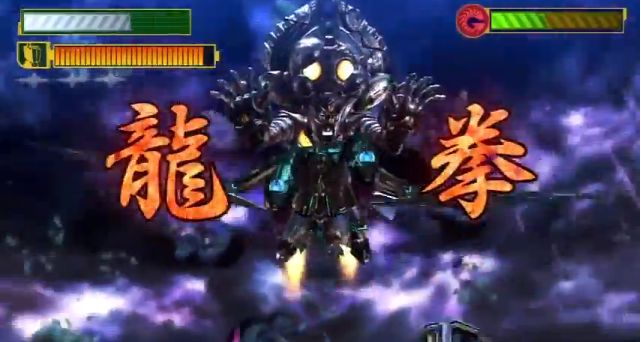 |
This one’s pretty simple – the kanji is 龍拳 and means something like “Dragon Fist” or possibly “Dragon Punch”.
Ari then sent another screenshot, asking about some more kanji:
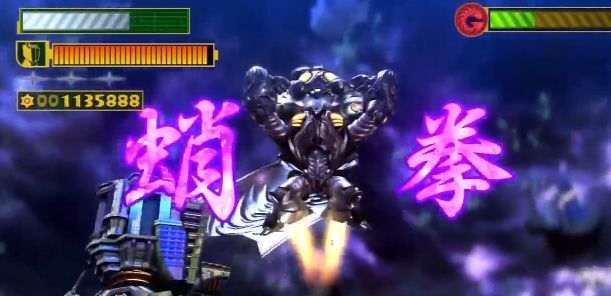 |
This one’s simple too – it’s 蛸拳, which means something like “Octopus Fist” or “Octopus Punch”.
I honestly don’t know much about this game or what context these are being used in, but hopefully those answers make sense for players!
Right after the above questions, Spencer sent in this question about The Wonderful 101 too:
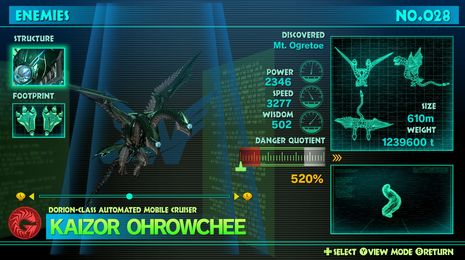 |
I noticed while playing the Wonderful 101 on Wii U that many of the enemy names seemed like sarcastically bad Japanese words taken into English spellings. One obvious example is Orrowchee (Orochi). Yes, it was a dragon. Some other names are Mehtang (a metal, mechanical turtle) and Jergingha (a mother brain type boss). I was wondering if Orrowchee is the only name following that joke (the game doesn’t take itself very seriously all the time), and also what some of the Japanese names were, which should be easy enough to find of Japanese sites.
Looking briefly through sites, it looks like this sort of “take the Japanese name and spell it funny” is common in this game. Here are some samples:
- Dogu enemies are called Dough-Goo, they’re based off of Japanese “dogu” figures
- Orochi is indeed spelled “Ohrowchee”, and is based off of the Orochi creature
- In Japanese, the word “UFO” is pronounced something like “yoo-hoh”. There’s an enemy in the Japanese game called that, and in the English version it’s spelled “You-Hough”
- The character “Vijounne” is from a placed called “Ewwmee” in the English version – this is from the Japanese word “umi”, which means “sea”
Basically, it looks like the Japanese version of the game just writes all this stuff in katakana to make it look “different” from normal, and the English localization uses those same words but with unusual spellings.
I’m sure there are plenty of other things besides the examples I’ve given here, but from what I can tell there aren’t many complete online resources for either version of the game, so it’s hard to do good research. Plus it’s hard to take a look at such a broad topic when I’m not familiar with the game 😛 But, yep, it looks like that was the sort of theme the localizers were going for!


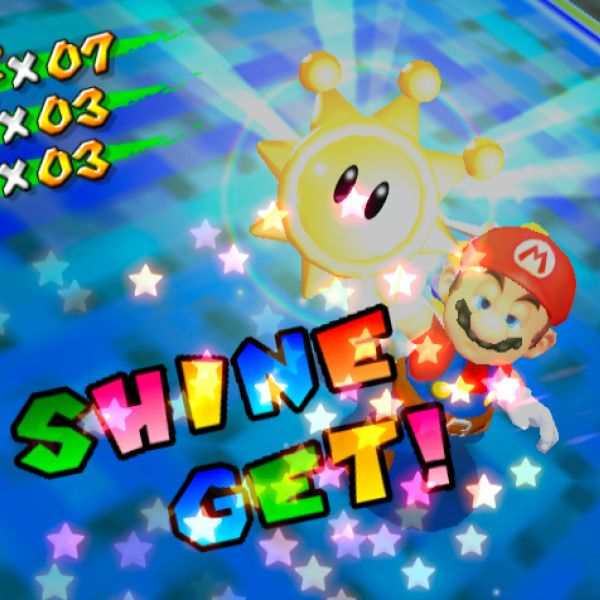
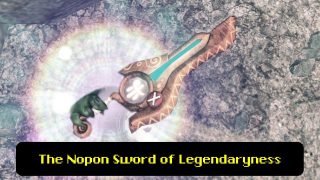
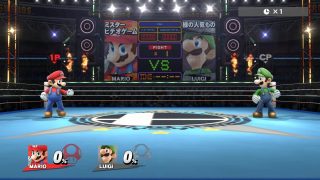
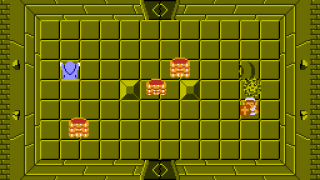
Game of the year, for me. I love Wonderful 101 and you gotta love Kamiya, too. Thanks for these unwarranted translations, Mato 😛
Thanks for the info! I was curious if anything else int he game followed this pattern, and it seems it wasn’t just enemies.
Alicesoft did something similar with Daibanchou (and a number of other games), eg アオモリ, サッポロ etc or using alternate kanji (志津岡 for 静岡).
Oh, that’s kinda cool, actually!
Wasn’t there a Dragon Fist in DBZ? Was it called the same thing as here in the Japanese version?
I don’t remember, but “Dragon Fist/Punch” seems pretty common for stuff like this – it’s the “ryuken” part of “shoryuken”, for example.
Yes, Dragon Fist is the special Attack Goku Uses in Warth of the Dragon (one of the movies), and in Dragon Ball GT. As Mr. Mato points out, it is quite common to do this in japanese games and shows.
I believe at one Point, The Earth is Refereed to as Planet CHI-Q, Which I know sounds Like the Japanese word for Earth
I should note, the area Vijounne is in (ewwmee/umi) is a marine research facility, so the sea name makes sense there.
Also, FYI, the game’s style is an action anime sort of parody. It has some other Japanese text, and there is an early cherry blossom motif. If you look at screenshots, you can see a speech bubble/portrait style. Anyway, hope this info helps!
http://pbs.twimg.com/media/BUywLcaCUAEzTz2.png
“Dead on!”
‘Orochi is indeed spelled “Ohrowchee”, and is based off of the Orochi creature’
Not exactly. It’s actually based of King Ghidorah of the Godzilla movies, which is probably based off Orochi itself. It’s even described as a violent alien monster modified with cybernetics, making it a combination of the ’60s and ’90s Ghidorah.
Moreover, there’s a weaker Orochi called Kaizor Ohrowchee, which is named after Keizer Ghidorah from Godzilla: Final Wars. Whew!
Interesting. It does feel like it’s being all intentionally smartass-y about the spellings in English. As he stated, this game apparently doesn’t take itself too seriously at all.
For the sake of trivia, Kingdom Hearts: Dream Drop Distance did something sort of similar. A lot of the enemies had two-word names in Japan, where one word would be fully Japanese and the other would be an English word rendered in katakana. To mimic that effect, the localizers gave them names made of one English word and one Japanese word rendered in “quirky” phonetic English. So, an enemy called カエル シェフ (Kaeru Shefu) in Japan became “Chef Kyroo” in America.
I know the kanji for “fist” just because of 北斗神拳. :p